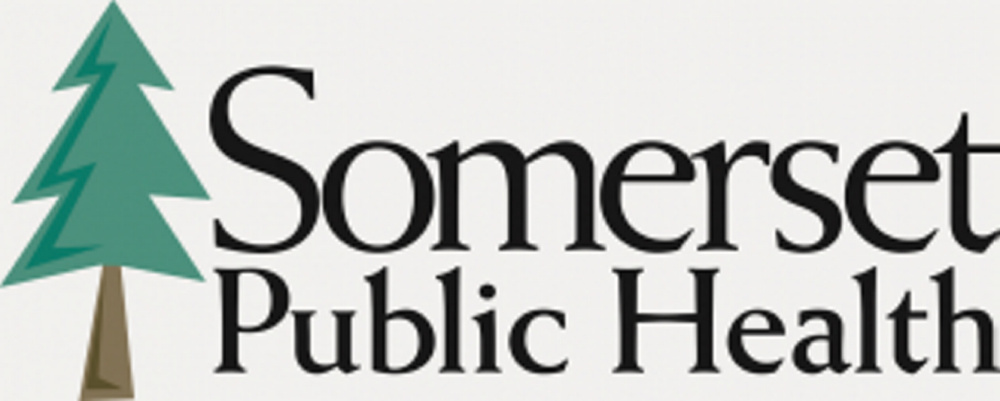SKOWHEGAN — Somerset Public Health has been picked to receive a $125,000, five-year grant as part of the $89 million federal Drug-Free Communities Support Program to prevent youth substance abuse.
The organization is a department of Redington-Fairview General Hospital in Skowhegan and a local community health coalition composed of community members, organizations and businesses working together to improve health in Somerset County.
The organization is one of 719 to be named as part of the White House Drug Control Policy Office awards this year.
“We’re losing more than 60,000 people per year to drug overdose, but if we can stop young people from starting to use drugs in the first place, we can save lives,” Richard Baum, acting director of National Drug Control Policy, said in a statement. “Our local DFC coalitions are a key part of this effort because they are bringing together parent groups, schools, healthcare professionals, law enforcement, businesses, and others to prevent drug use and improve the health of the community.”
This is the second five-year grant that Somerset Public Health has received.
The first, running from 2011 to 2016, resulted in significant decreases in adolescent substance use rates for both middle and high school students. The prevalence of middle school youth binge drinking dropped from a reported 7 percent to 2 percent, marijuana use from 10 percent to 6 percent and prescription drug use from 8 percent to 4 percent, according to the release.
High school student use also decreased, with binge alcohol use dropping from 22 percent to 13 percent, marijuana use from 23 percent to 19 percent, and prescription drug use from 7 percent to 4 percent.
“It’s exciting to think what we can accomplish with another five years of funding,” said grant project coordinator Danielle Denis at Redington-Fairview. “With this new round of funding, we are looking closely at the impact of Adverse Childhood Experiences and resiliency in adolescent substance use.”
The goal of Somerset Public Health is to improve nutrition, increase physical activity, encourage an end to tobacco use, prevent drug abuse and promote the responsible use of alcohol.
The Drug-Free Communities program is a bipartisan effort first adopted in 1998. The program has grown from $10 million in 1998 to $95 million in 2016, and the number of grantees has increased from 92 original grantees to more than 2,000.
The premise of the program is that communities around the country must be organized and equipped to deal with their individual substance abuse problems in a comprehensive and coordinated manner, recognizing that local problems need local solutions.
Doug Harlow — 612-2367
Twitter:@Doug_Harlow
Send questions/comments to the editors.




Success. Please wait for the page to reload. If the page does not reload within 5 seconds, please refresh the page.
Enter your email and password to access comments.
Hi, to comment on stories you must . This profile is in addition to your subscription and website login.
Already have a commenting profile? .
Invalid username/password.
Please check your email to confirm and complete your registration.
Only subscribers are eligible to post comments. Please subscribe or login first for digital access. Here’s why.
Use the form below to reset your password. When you've submitted your account email, we will send an email with a reset code.